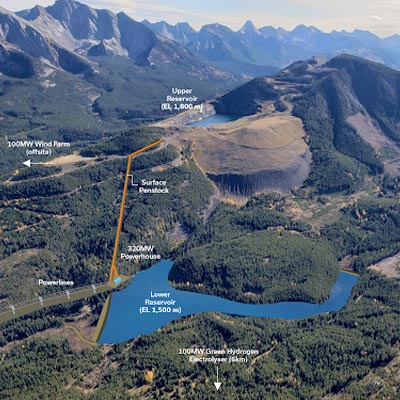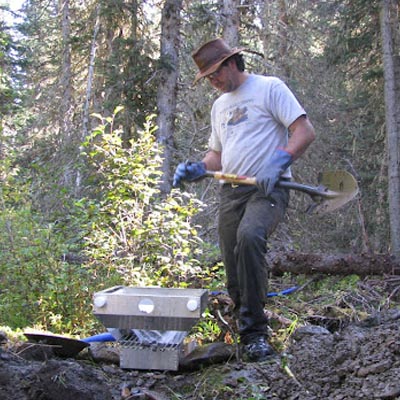Time to be proactive
Two legal experts say Canadian mining companies should seek more women for their boards before being required to do so.
Canadian mining companies should begin recruiting more women for their boards of directors before they’re forced to by legislation, say two mining legal experts.
Vancouver-based Taylor Little and Michael Urbani, both members of law firm Stikeman Elliott’s global mining group, said the number of women on boards of Canadian public mining companies is currently less than seven per cent. That compares to an average of 15 per cent on all public company boards across Canada.
The Ontario Securities Commission is in the process of possibly legislating certain rules to encourage public companies to appoint more women board members. Although it’s an OSC initiative, it’s enjoying overwhelming support and is expected to impact other provincial securities commissions and private companies, Little said.
“What we’re advising our clients right now is really just be proactive and get ahead of the curve,” Little said, during a presentation at the Minerals North 2014 mining conference May 22 in Vanderhoof, British Columbia.
Although the lawyers’ presentation regarding more women on boards seemed to generate the most interest, the men spoke about several hot-button topics, including recent amendments to Canada’s Corruption of Foreign Public Officials Act. Urbani said it is imperative for Canadian mining companies to act on the changes before they come into effect.
During his presentation on increasing women board members, Little said the OSC had put forward a consultation paper on the matter in July 2013. In January, the OSC released some proposed guidelines.
The OSC is tackling this issue now because of an international push to get more women on the boards of public companies. To date, Canada has no legislation in place and is lagging behind other countries.
Little said there are currently two legislative approaches used to try to get more women on public company boards. The first is called the legislated minimum or quota approach. Under this legislation, if a company doesn’t hit a specific number by a specific time, it will face fines and/or other punishment.
The second approach is called the comply or explain approach, which is the one being proposed by the OSC. Under this legislation, if a public company doesn’t meet a prescribed quota, it will have to explain in its circulars and/or annual reports why it hasn’t.
Little said there are two reasons why public companies should try to secure more women board members quickly, before legislation is in place.
First of all, because the issue has popular support, shareholders may try to include it in a shareholder proposal, which most companies want to avoid. Secondly, because there is a limited pool of qualified women board candidates—particularly ones with mining experience—public mining companies should raise their female board representation now, before competition for women increases.
Little also said Corporations Canada (Canada’s federal corporate regulator) recently issued a discussion paper concerning legislated requirements for women board representation for private companies.
As for a legislated percentage of women representation on boards, Little said the OSC proposal’s target is rumoured to be 30 per cent.
Urbani stressed that even though this is an OSC proposal, if a public mining company is a reporting issuer in Ontario—and most TSX-listed companies are—all such companies would be subject to new OSC regulations, regardless of where they’re based.
He expected the OSC legislation would be in place by the end of 2014.
Updates to corruption act
Urbani also warned Canadian mining companies to be aware of recent amendments to Canada’s Corruption of Foreign Public Officials Act. First enacted in 1999, the CFPOA deals with Canadian companies or individuals who bribe or provide a benefit to foreign public officials. Parliament has passed the amendments, but has postponed their implementation until an unspecified future date.
Although Urbani listed approximately six amendments, he said Canadian mining companies need to pay particular attention to the elimination of the act’s facilitation payment exception, especially if they do significant business in countries with less-developed economies and legal systems.
In the past, Canadian law has allowed certain payments made to pertinent foreign public officials as acceptable. Such payments included ones for the issuing of permits or licences, processing visas and work permits, and providing public utility services.
However, under the CFPOA those payments will now be seen as bribes.
As a result, Urbani said Canadian companies need to start making changes to their policies and to start educating their employees and intermediaries overseas in order to be ready for the eventual elimination of facilitation payment exceptions.
“Those Canadian companies that fail to act probably do so at their peril,” he said.






